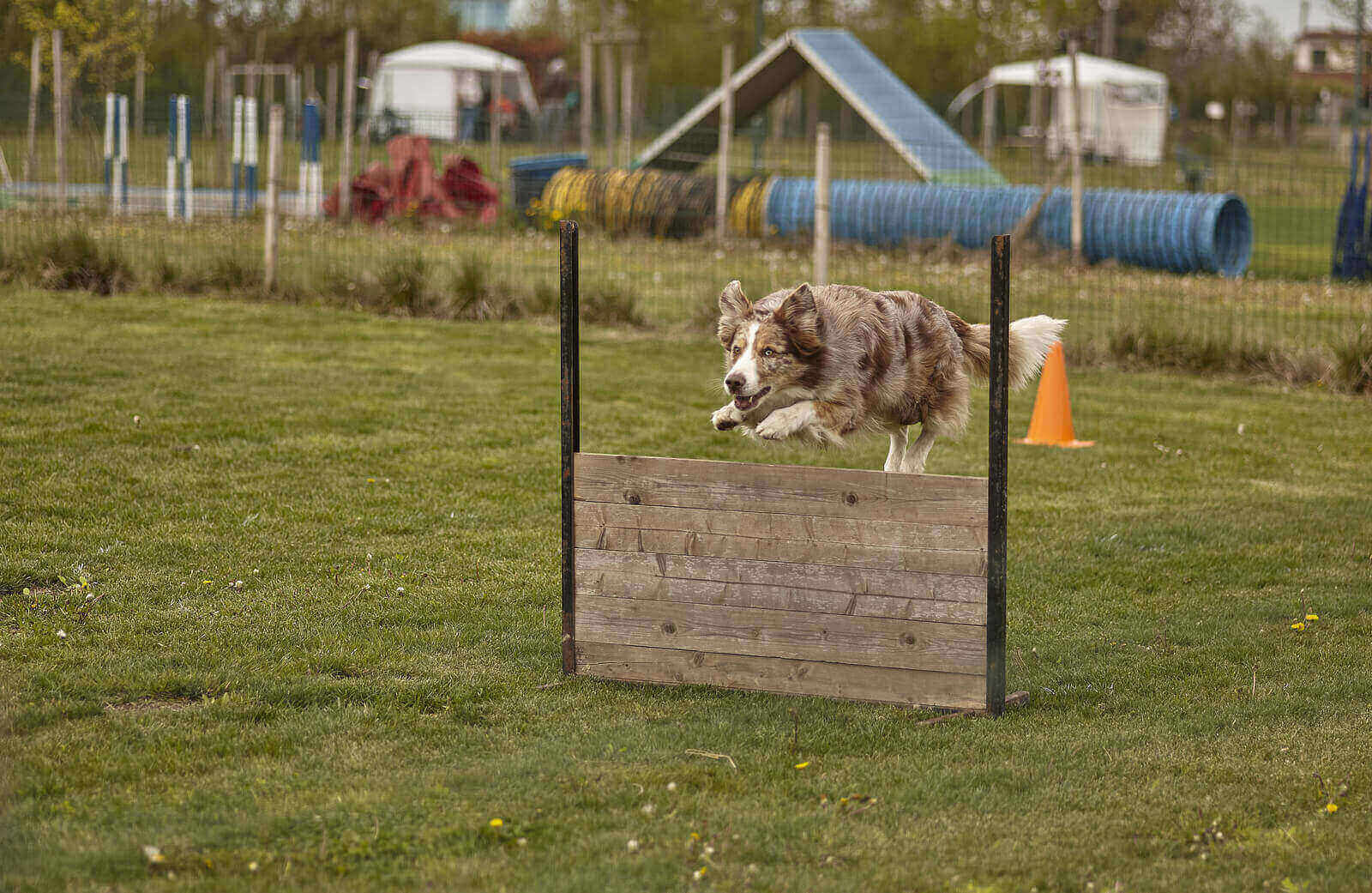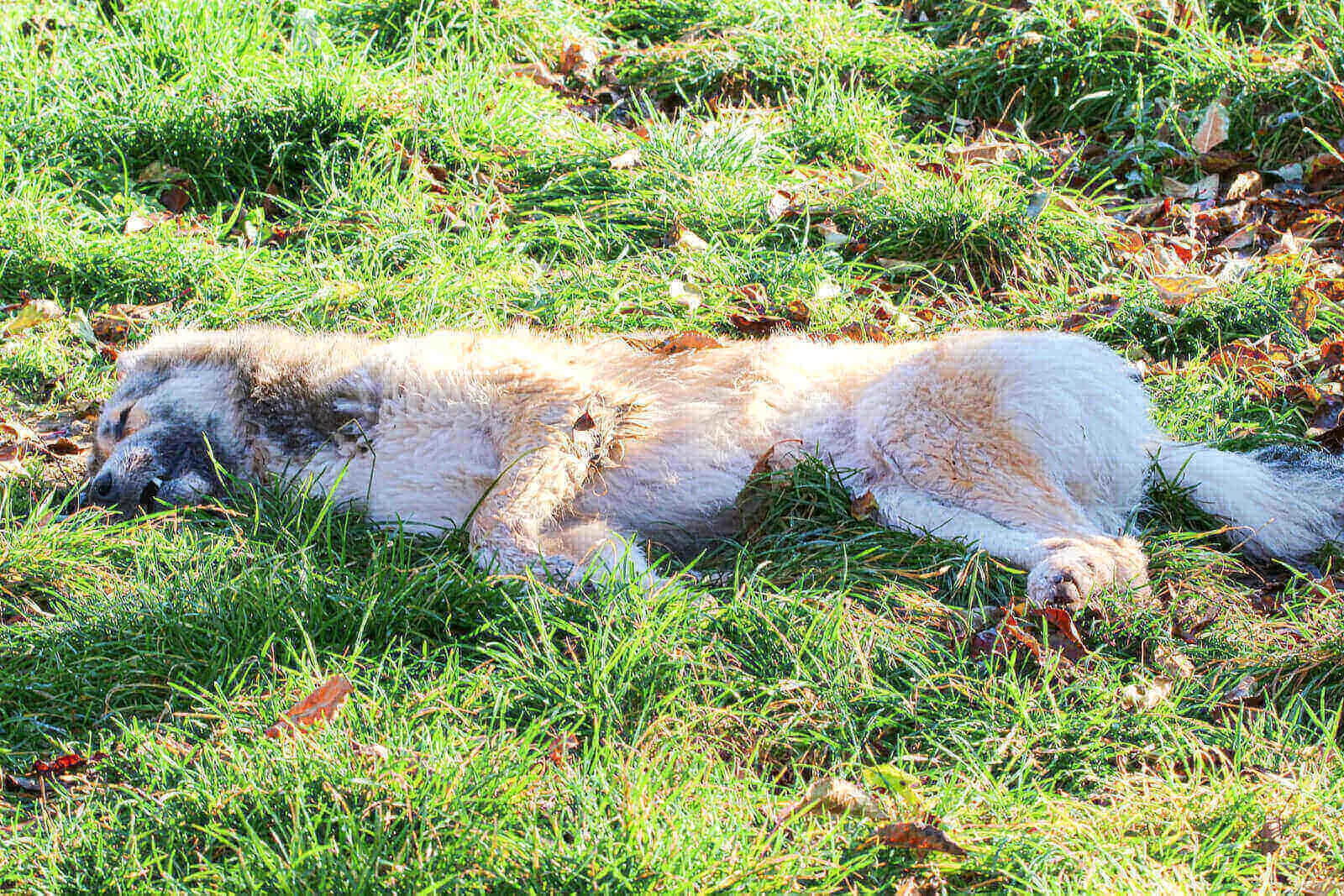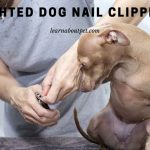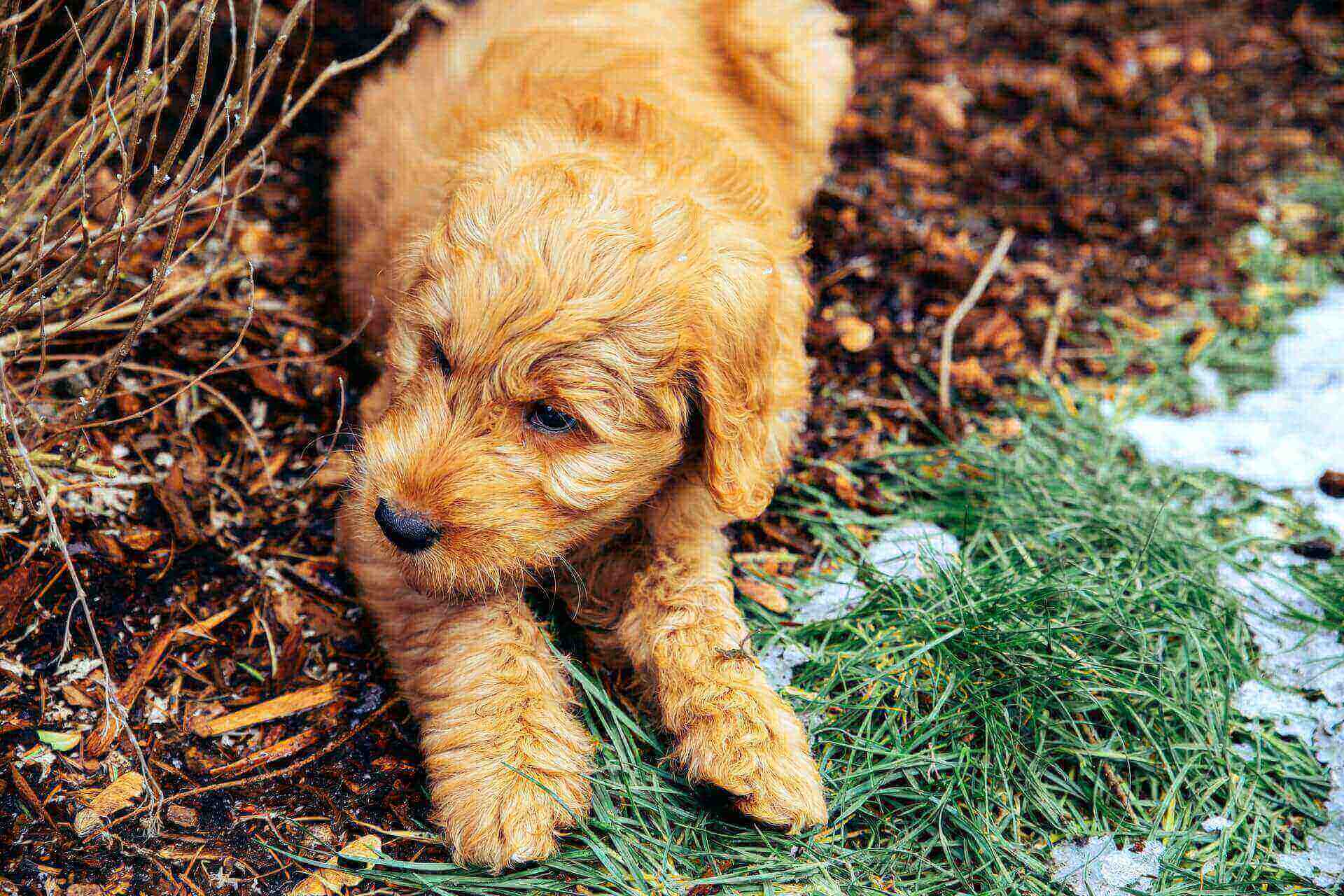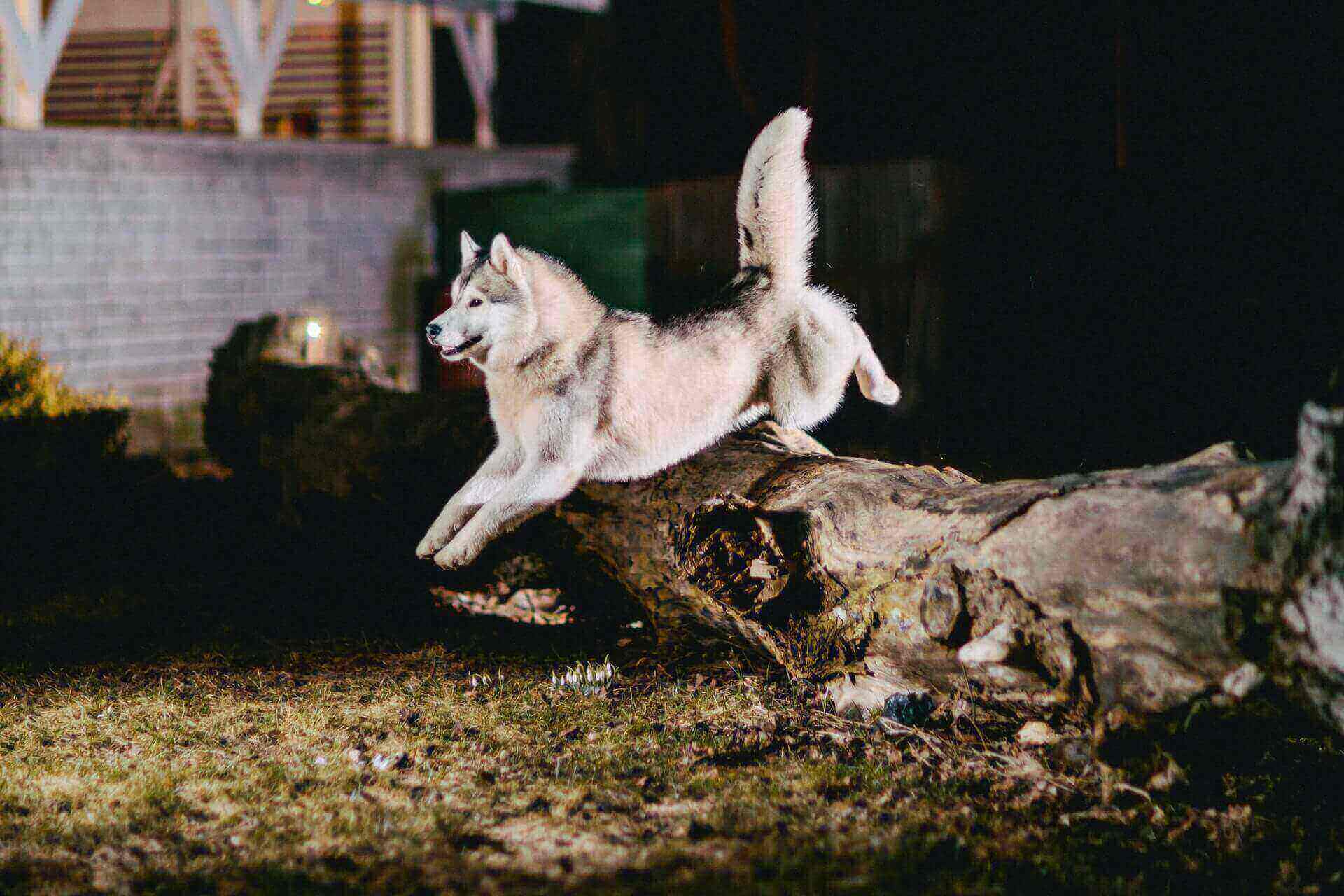If you are new to pets, you may be thinking of the best breed to keep. You may be familiar with other dogs’ breeds but not aware of the Black goldendoodle breed.
Whether you are searching for information about this pet breed to start keeping it or general knowledge for selecting the best black goldendoodle gifts, this is an article to read. If you haven’t read our goldendoodle dog breed review, then maybe heading over first there may give you better idea.
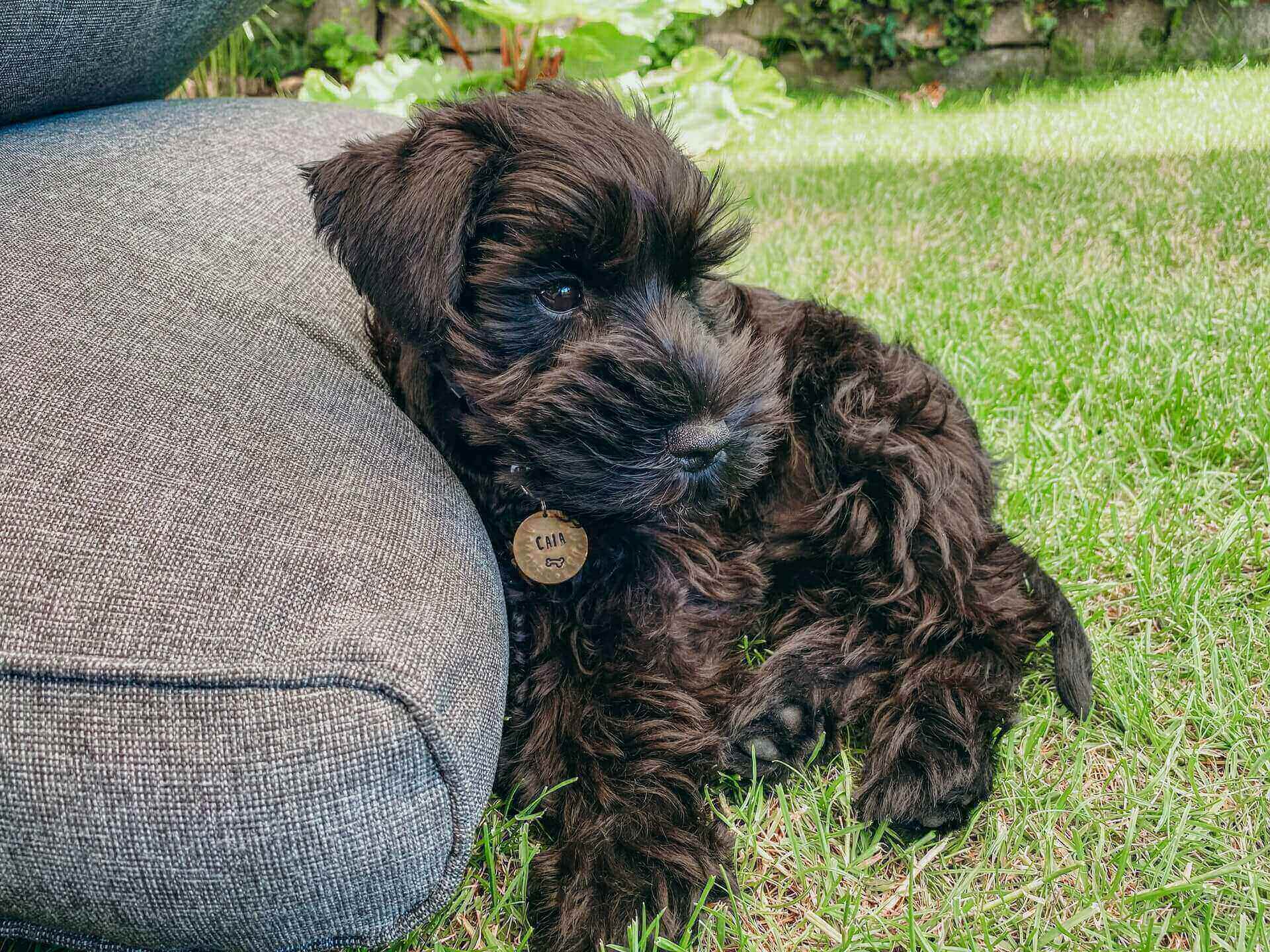
You will get more information about the dog breed that will contribute to your knowledge and shape your decision about their domestication.
What is a black golden doodle?
To begin with, black goldendoodle is a dog breed that is a combination of a standard poodle and a pure golden retriever. This breed is the best in the world in terms of their look, intelligence, and personality.
Another aspect about this dog breed that makes it likable to many is that it doesn’t shed. It is a breed you can desire to have in case you need a pet.
Black goldendoodle coat type
Though this dog breed exhibits common traits, they come in a variety of coat types. Each coat demands a specific grooming need and gives the pet a unique look. It is difficult to tell the puppy goldendoodles coat type until they start growing to maturity.
Straight coat
Despite its more mundane appearance, it is more rare than other coat types. This coat is for the golden doodle with the predominantly golden retriever gene. Unlike the other coat type, they don’t have the famous teddy bear look, and they may require less fur maintenance. Weekly brushing is enough to maintain this coat-type fur.
Wavy coat
Among all the black golden doodles, the wavy coat is the most dominant type. Their coat is easy to maintain. It may only need a week’s brushing, and they don’t shed.
Curl coat
This coat type is characterized by curling. The curls vary in tightness and length depending on the family tree of the pet. The curling may vary from the loose barrel one to that you won’t see from a standard poodle’s purebred.
This breed never shed. However, their fun needs daily brushing. You can reduce the maintenance needs by making the fur short.
Golden doodle black and white
This color type is among the most beautiful goldendoodles. They have a specific feature that defines their look. They have a white nose, a white chest, and white streaks on top of their head. Due to their color, they are also called Tuxedo goldendoodles.
To get this breed, you breed a golden retriever with a Parti Poodle and hope for this gene to pass through. This makes the black and white goldendoodle to be very rare.
How much is a black golden doodle?
The cost of a black goldendoodle is determined by the size and the coat of the dog, vet care, parent’s quality, generation, genetic testing, among many factors. The black goldendoodles have a higher demand. Therefore, you can get them at a price of between $1500 -$2000.
How to get a black goldendoodle puppy?
Black Goldendoodle comes as a result of genes passed from the parent breeds. To get this breed, you must cross the poodle and the Golden retriever breeds. The recessive genes are the ones that cause the black coat, and they normally come from the poodle side.
The black goldendoodle size
These doodles normally vary in their sizes but averagely weigh between 15 to 30 for pounds for small size,30- 45 pounds for medium size, while 100 pounds for the larger size. There is n standard way of getting a uniform weight from them. This is due to variation in their genetic makeup.
Do black goldendoodles turn silver?
Black doodles may change their color as they grow. At one point, they may turn to a silver hue in their adulthood. The black goldendoodle will fade to silver, though the silver ones will almost begin at black color before fading.

Can black goldendoodle be left alone?
This type of doodle does well when there is someone at home with them. However, with proper training and preparations, you can leave these pets alone for several hours. This will also depend on the age. For puppies, you can leave them alone for one or two hours.
Grooming needs of a black golden doodle
The grooming needs of a black goldendoodle depend on the type of their coat. Some coats will need frequent brushing than others. Curly variants will need daily brushing, while the shaggy and straight type needs weekly brushing.
All these black goldendoodles never shed their fur. For the rare types that shed, you can keep them nice short as their grooming.
F1B Black golden doodle
Black goldendoodle F1a is the 1st generation dog breeds after breeding a pure golden retriever with standard poodles.
The black goldendoodle comes in different sizes and shapes depending on the ratio of the standard poodle and golden retriever genes in them. This is the most common kind of this is the F1B variant that contains 25 % golden retriever and 75% poodle genes.
People prefer the F1B variant of the doodle breed. They are special because they are hypoallergenic. They can coexist comfortably with anybody severely allergic to dog fur in the family.
Although they contain 75 % of the genes from the poodle, they don’t behave like them. Their genes only affect their shedding and their hypoallergenic property.
This variant has shaggy and curly hair and is prone to matting. Ensure you brush them properly to prevent this.
Other goldendoodle colors
When we talk about the Back doodles color, we refer to the dog’s solid base color. These colors vary with the breeds and age of the doodle.
Apricot, cream, and red
Apricot, cream, and red are variants of the same color. Most dogs with either of these colors can fade at any time as they mature up.
Chocolate
Chocolate color is a variant of the black gene. Chocolate goldendoodles are born with this color, but they change to silver beige as they mature, just like the black variety.
Silver
Silvering can happen to both the mature, full-grown black goldendoodle and chocolate doodles. Chocolate and black goldendoodle puppies are born with chocolate and black colors, respectively, which change to silvery as they mature.
Black mini goldendoodle
Black Mini goldendoodles are a mix of golden retriever and poodle (or mini poodle). This variant is friendly and gets along with anyone. They have a good temperament and get along with children and other home pets. With proper training, they turn out to be very obedient and intelligent, friendly and outgoing.
Black goldendoodle breeders
Black goldendoodles are the best fit and constant companion for your family. Regardless of where you stay in the US, you can find the breeders to supply you with this variety. If you are not leaving, need any breeder around, then research for a reputable breeder. In general, it is better to select a breeder from the Association of North America-approved breeder list.
How to select a good goldendoodle black breeder?
Find out if the breeder has health and genetic testes services for their dogs.
Check if the breeders provide a health warranty to their dog breeds.
Determine the length which the breeders have in the breeding business.
Final Verdict – Black Goldendoodle Dog Breed
After getting the most important information concerning the black golden doodle, you should now find the best breed to keep as your pet. If the breed you select is the best for you, we assume that you will take good care of it. This breed may be only a handful, but that is common to most dog breeds.

Regardless of the breed, provide much love and care. Any dog will turn out to be your best pet, including the black golden doodle.

Welcome to Learn About Pet. My name is Rajkumar Ravichandran and I love all pets, travel, and amazing food. I write about my passion and personal experience caring for multiple pets in this blog! ❤️
Post Disclaimer
DISCLAIMER: THIS BLOG OR WEBSITE, "Learn About Pet", DOES NOT PROVIDE YOU WITH MEDICAL ADVICE AND IS NOT A SUBSTITUTE FOR MEDICAL ADVICE. ALWAYS GET IN TOUCH WITH YOUR PERSONAL VETERINARIAN AND USE INFORMATION HERE AS GENERAL ADVICE.
The information, including but not limited to, text, graphics, images and other material contained on this website are for informational purposes only. No material on this site is intended to be a substitute for professional veterinary advice, food recommendation, diagnosis, or treatment. Always seek the advice of your veterinarian or other qualified health care provider with any questions you may have regarding a medical condition or for pet food related questions.

